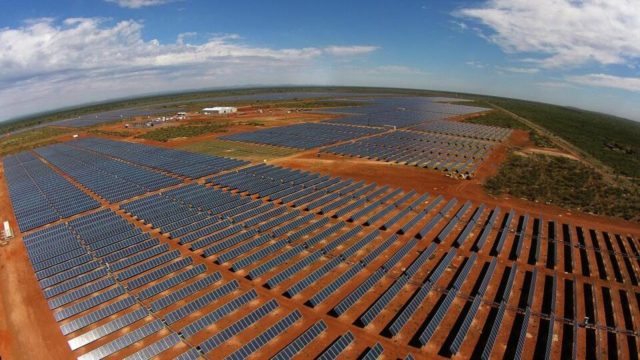The next few years are critical if we hope to have even a minuscule chance of reversing the damage wrought on this planet, according to the latest IPCC report.
THE LATEST Intergovernmental Panel on Climate Change (IPCC) report confirmed that time was running out and the next few years were critical to have even a minuscule chance of reversing the damage humans have wrought on this planet.
The IPCC report, which was released a few days ago, confirmed what many in climate activism had known for decades.
In scenarios assessed by the IPCC Working Group III, limiting warming to 1.5°C will require global greenhouse gas emissions to peak before 2025 at the latest, and be reduced by 43% by 2030, with methane gas emissions also needing to be reduced by about 30%.
Even if we do manage this, it will be almost inevitable that we will temporarily exceed this temperature threshold but could return to below it by the end of the century.
“It’s now or never, if we want to limit global warming to 1.5°C (2.7°F),” said IPCC Working Group III Co-Chair Jim Skea. “Without immediate and deep emissions reductions across all sectors, it will be impossible.”
Global temperatures will stabilise when carbon dioxide emissions reach net zero. For 1.5°C, this means achieving net zero carbon dioxide emissions globally in the early 2050s and for 2°C, it is in the early 2070s. The assessment shows that limiting warming to 2°C still requires global greenhouse gas emissions to peak before 2025 at the latest, and be reduced by a quarter by 2030.
The report looks beyond technologies and demonstrates that although financial flows are three to six times lower than levels needed by 2030 to limit warming to below 2°C, there is sufficient global capital and liquidity to close investment gaps. However, the report relies on clear signalling from governments and the international community, including a stronger alignment of public sector finance and policy toward green policies and legislation.
“Without taking into account the economic benefits of reduced adaptation costs or avoided climate impacts, global Gross Domestic Product (GDP) would be just a few percentage points lower in 2050 if we take the actions necessary to limit warming to 2°C (3.6°F) or below, compared to maintaining current policies,” said IPCC Working Group III co-chairperson, Priyadarshi Shukla.
Accelerated and equitable climate action in mitigating and adapting to climate change impacts is critical to sustainable development. Some response options can absorb and store carbon and, at the same time, help communities limit the impacts associated with climate change. For example, in cities, networks of parks and open spaces, wetlands and urban agriculture can reduce flood risk and reduce heat-island effects.
Mitigation in industry can reduce environmental impacts and increase employment and business opportunities. Electrification with renewables and shifts in public transport can enhance health, employment, and equity.
“Climate change is the result of more than a century of unsustainable energy and land use, lifestyles and patterns of consumption and production.
“This report shows how taking action now can move us towards a fairer, more sustainable world,” said Skea.
The evidence is clear, we have to act now. We can halve emissions by 2030. We don’t have a choice.








